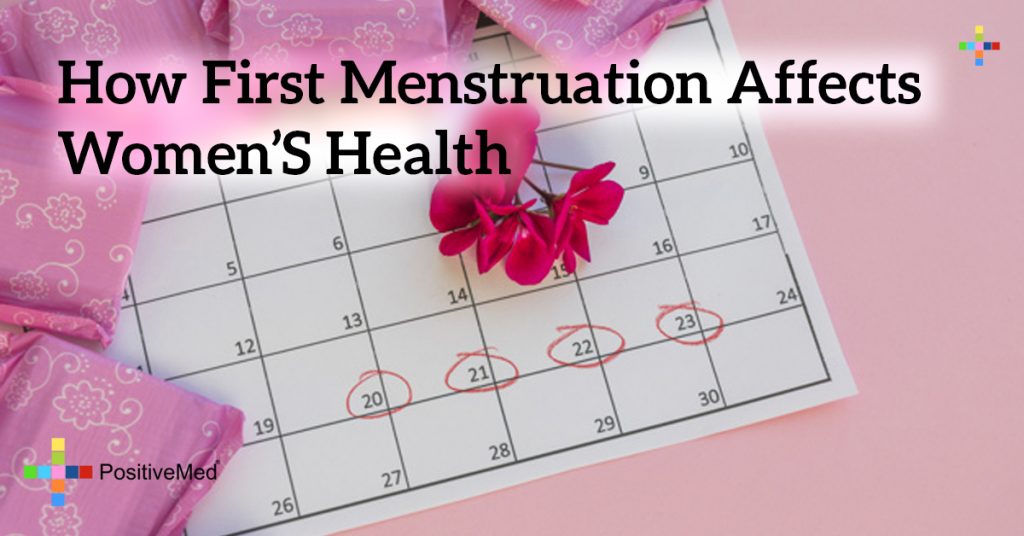
How First Menstruation Affects Women’s Health
[nextpage title=”…”]
A woman’s first menstruation marks the beginning of puberty and her journey to adulthood. This notable event does not just have social or personal impact. It actually has a lasting effect on a woman’s health. Decades after your first period, that date can still alter your risk for certain health conditions. A 2016 study from the University of California School of Medicine found that beginning dates for menstruation impact lifespan.

To conduct the study, researchers tracked 16,000 participants for 21 years. The group of female test subjects were of all ages, races, and nationalities. According to Dr. Aladdin Shadyab, the study lead, the participants were sourced through the Women’s Health Initiative organization. This extensive study focused on collecting data about menstrual cycles and overall health. The team of researchers discovered several surprising factors altered a woman’s longevity.
The goal of the research was to examine how genetics and lifestyle affected a person’s length of life. After 21 years, 55 percent of the group had survived to the age of 90. When analyzing the data, it became apparent that women who lived to be 90 had something in common. The date that a woman started her period and the date she stopped having it made a big difference.
Most of the subject group who lived past 90 did not start their first menstruation until they were at least 12. Most of the women also did not stop having the period until they were at least 50. On average, the patients who survived longer had at least 40 years where they were able to conceive. The researchers emphasize that this correlation between lifespan and reproductivity does not mean that fertility causes a longer life. Instead, they believe that there are many important factors affecting their findings.
The data found that these women lived longer instead of dying of conditions that could kill even a young woman. Subjects who died before 90 tended to have issues with heart disease, strokes, or diabetes complications. The women who remained fertile for over 40 years were less likely to have these issues. The women who started menopause later in life also tended to not smoke.
[/nextpage] [nextpage title=”…”]
RELATED ARTICLE: WHY EARLY PUBERTY BECOME “NORMAL” AND HOW TO PREVENT IT?
Dr. Shadyab believes that the lack of smoking explains a lot of his study’s results. Smoking damages blood vessels and makes the heart work harder. This leads to issues in the ovaries that cause early menopause. Therefore, women who do not smoke tend to remain fertile far into their life. Not smoking also prevents heart disease, lung problems, and other health issues. The study findings might just be due to the fact that women who do not smoke menopause later.
However, other factors might be affecting the link between first menstruation and longevity. A woman’s menstruation and menopause is controlled by fluctuating hormones. These hormones affect the entire body. Female hormones like estrogen lower bad cholesterol and encourage blood flow. These hormones drop sharply after menopause, so women might have more health problems when they have lower hormone levels. This theory is supported by other studies that show estrogen protects against heart disease.
Another possible explanation may be more environmental. Women from poorer backgrounds are likely to be affected by chemicals in their food and polluted environments. These chemicals can cause early menstruation. Women from poorer backgrounds are also more likely to pick up smoking, drinking alcohol, and other habits that damage health. It may be possible that being poorer and living in industrial environments during childhood might affect risks for various diseases.
This study is very significant because it collected such a large amount of data. No other research on this subject has had so many patients. However, the study also raises many more questions. The lead authors of the study believe that it is important to continue this line of research. More research might show why late menstruation and menopause is linked to a longer life. Dr. Shadyab says, “I am excited to take these results and continue to contribute to the science behind longevity.”
[/nextpage]





